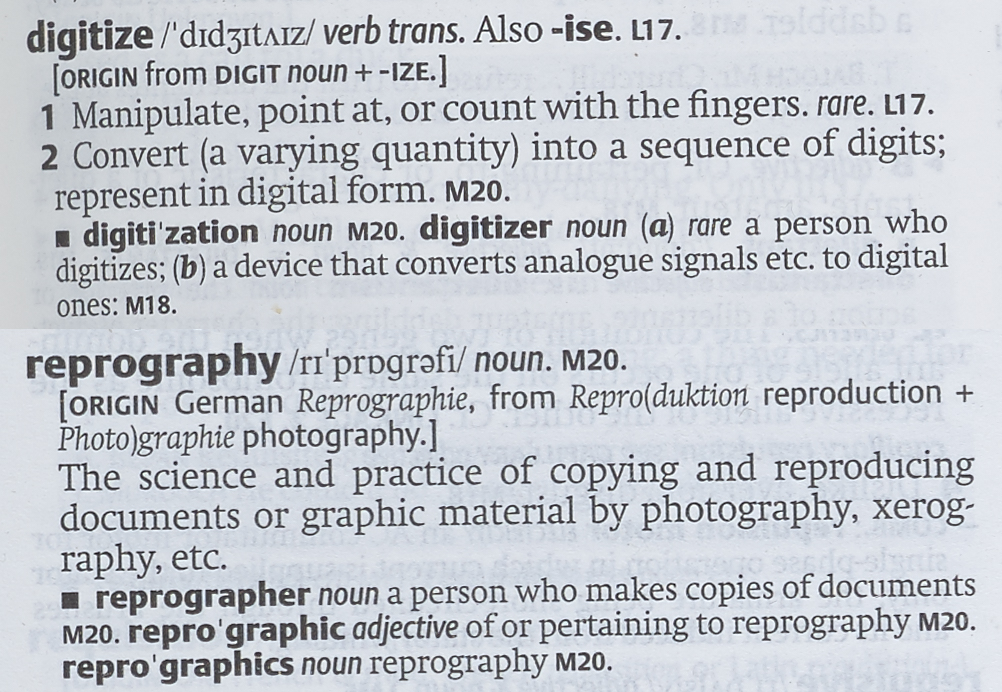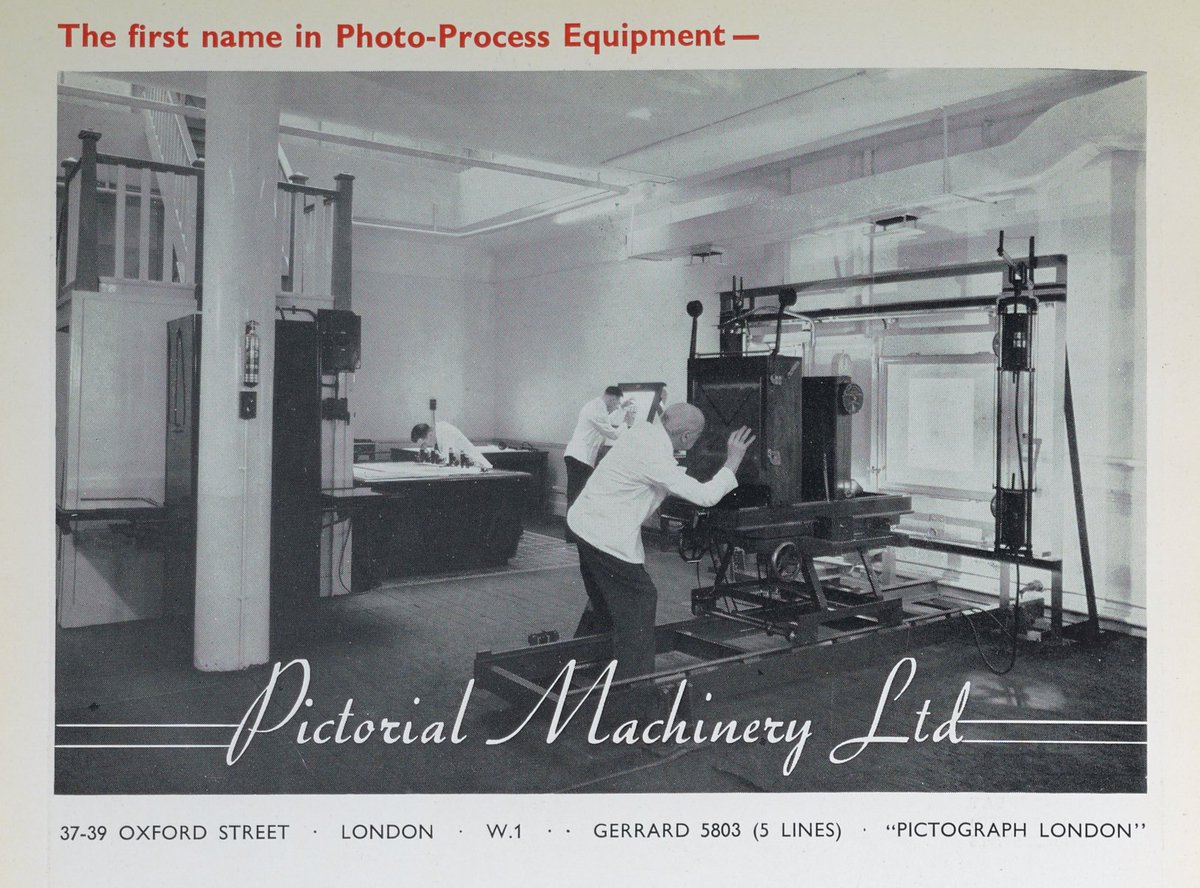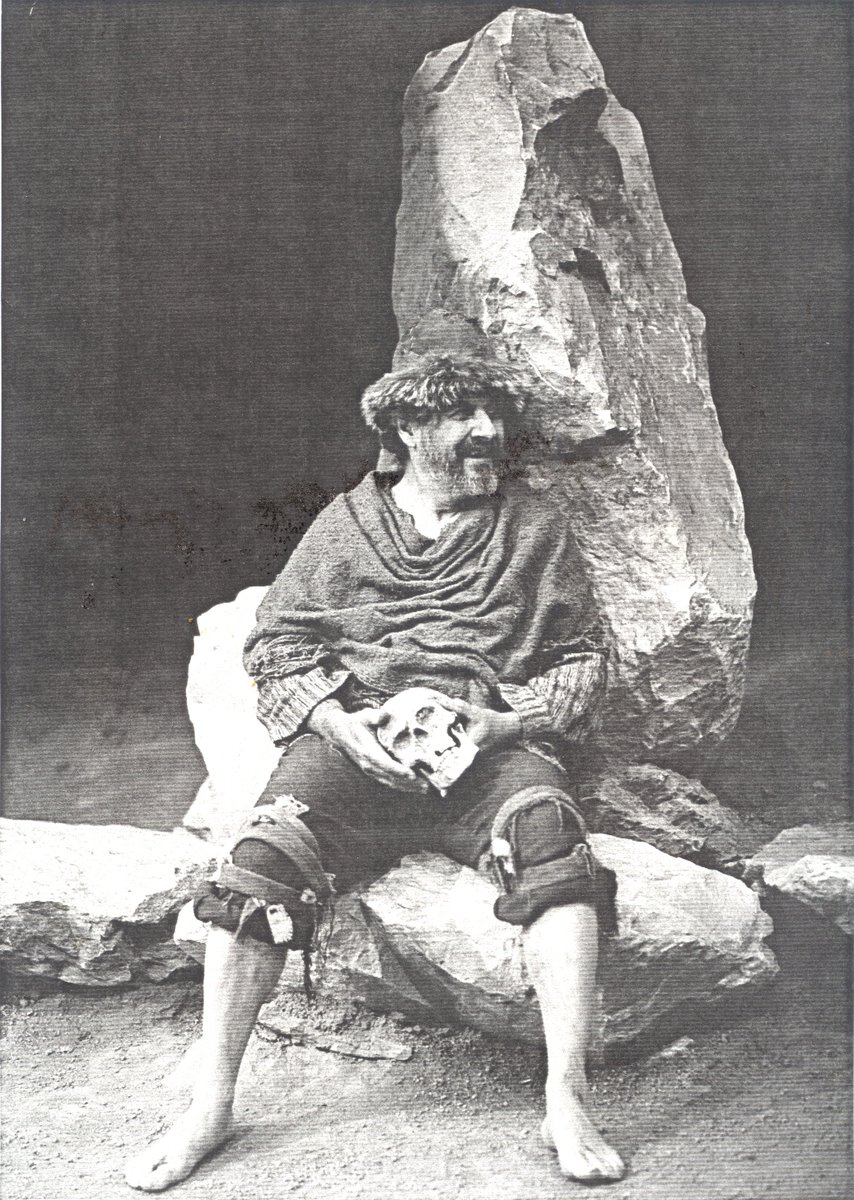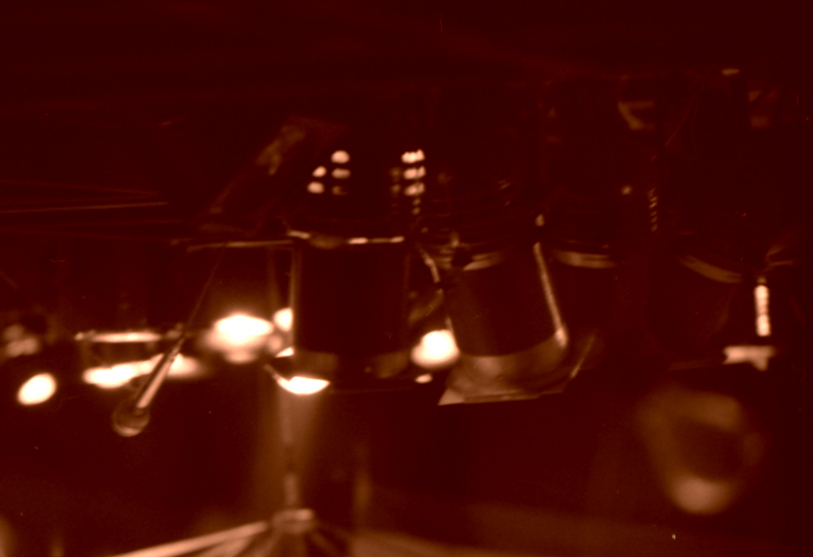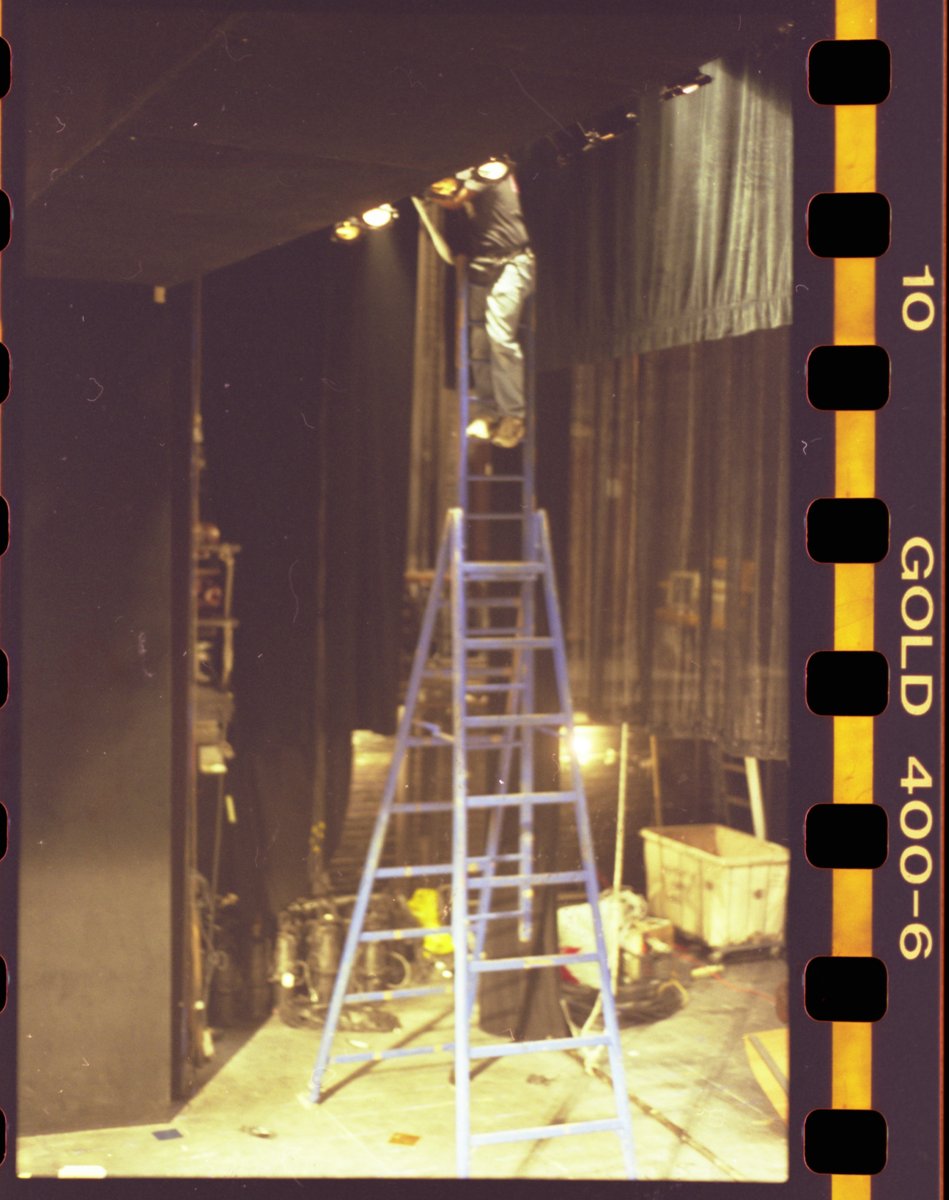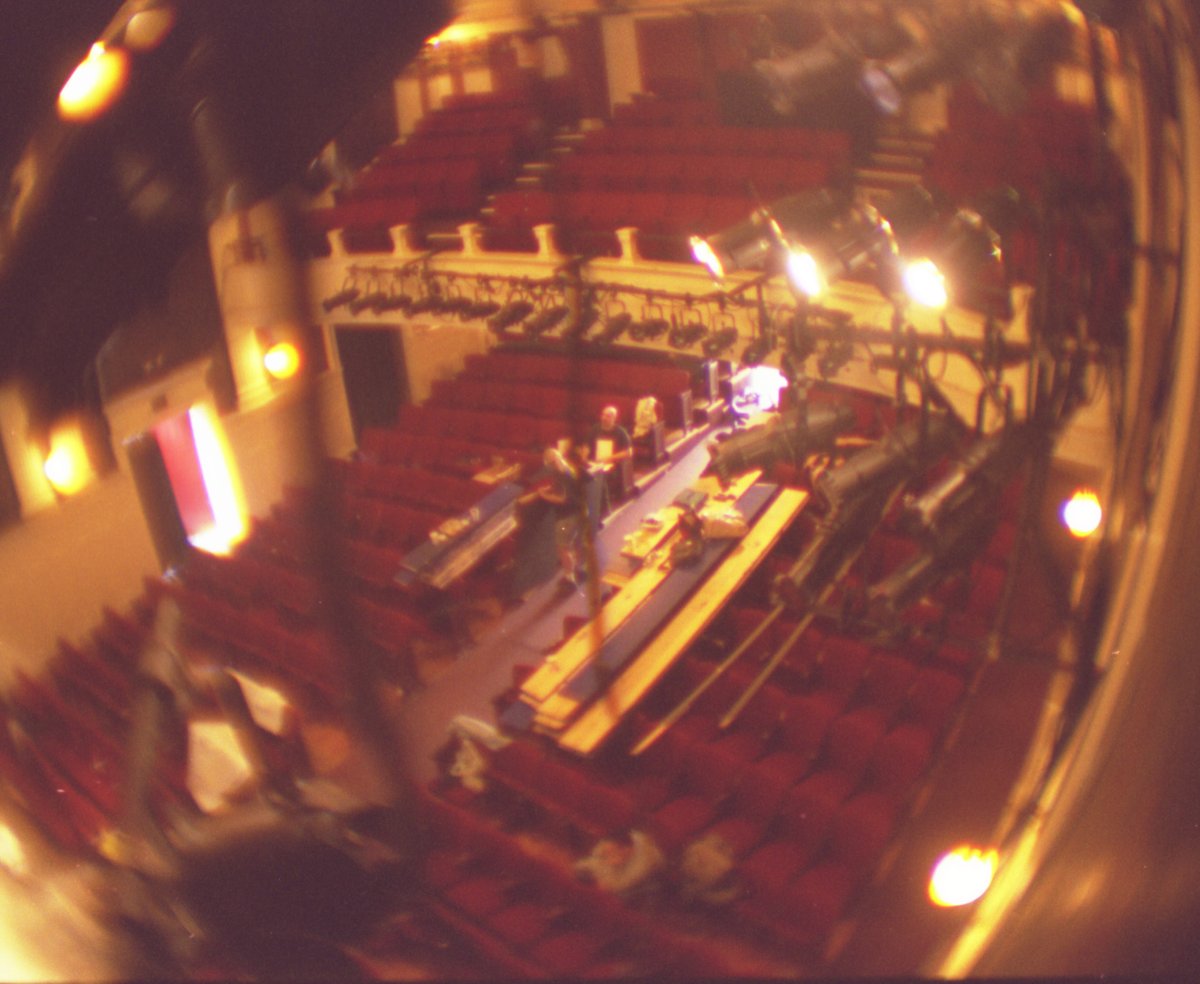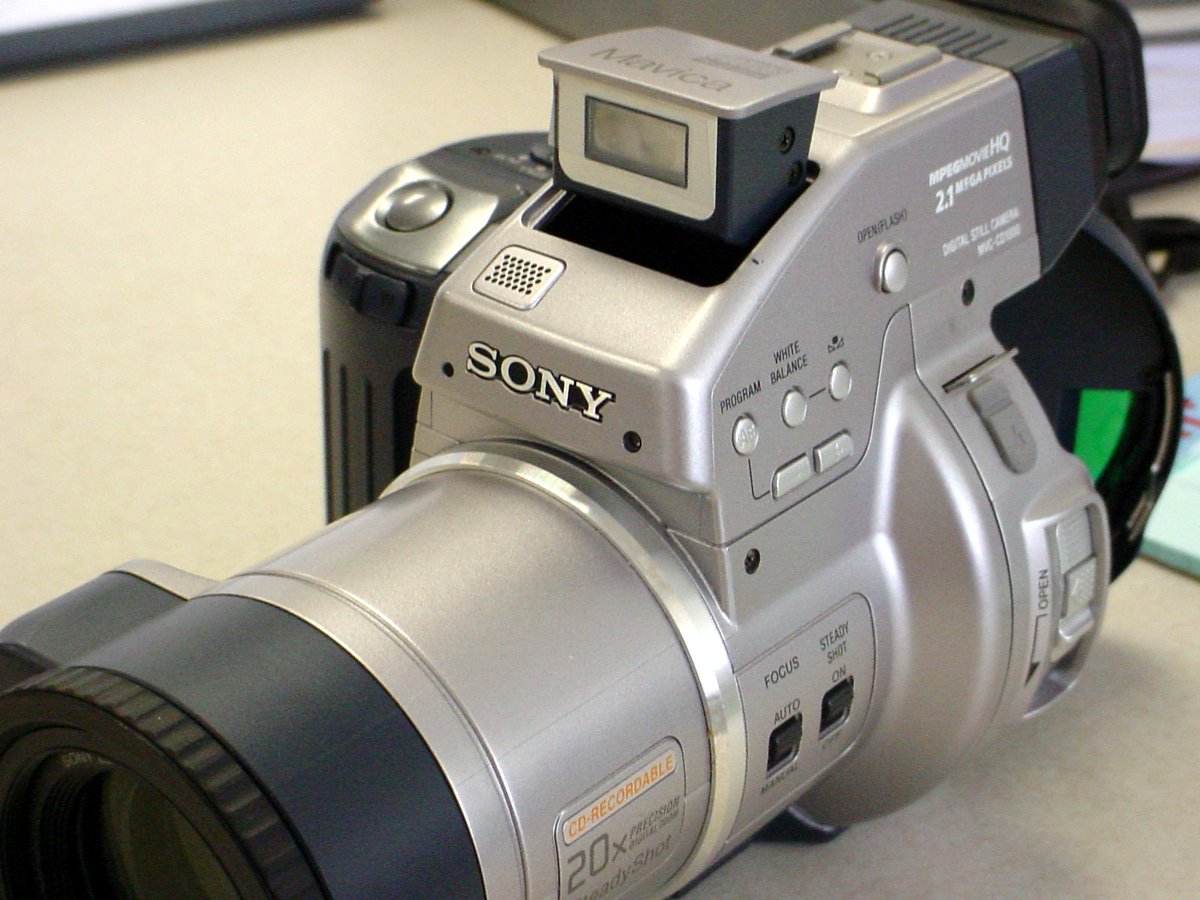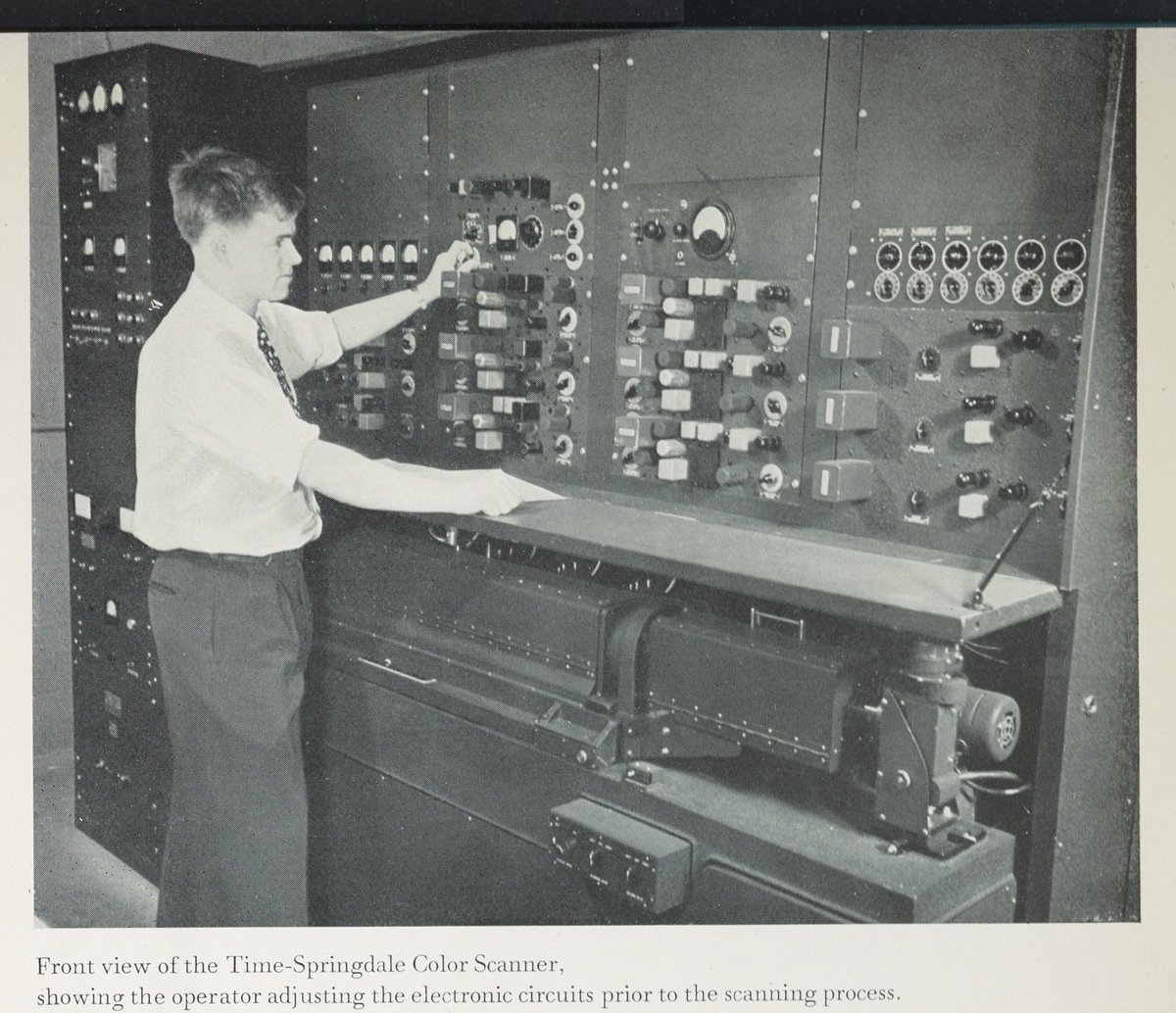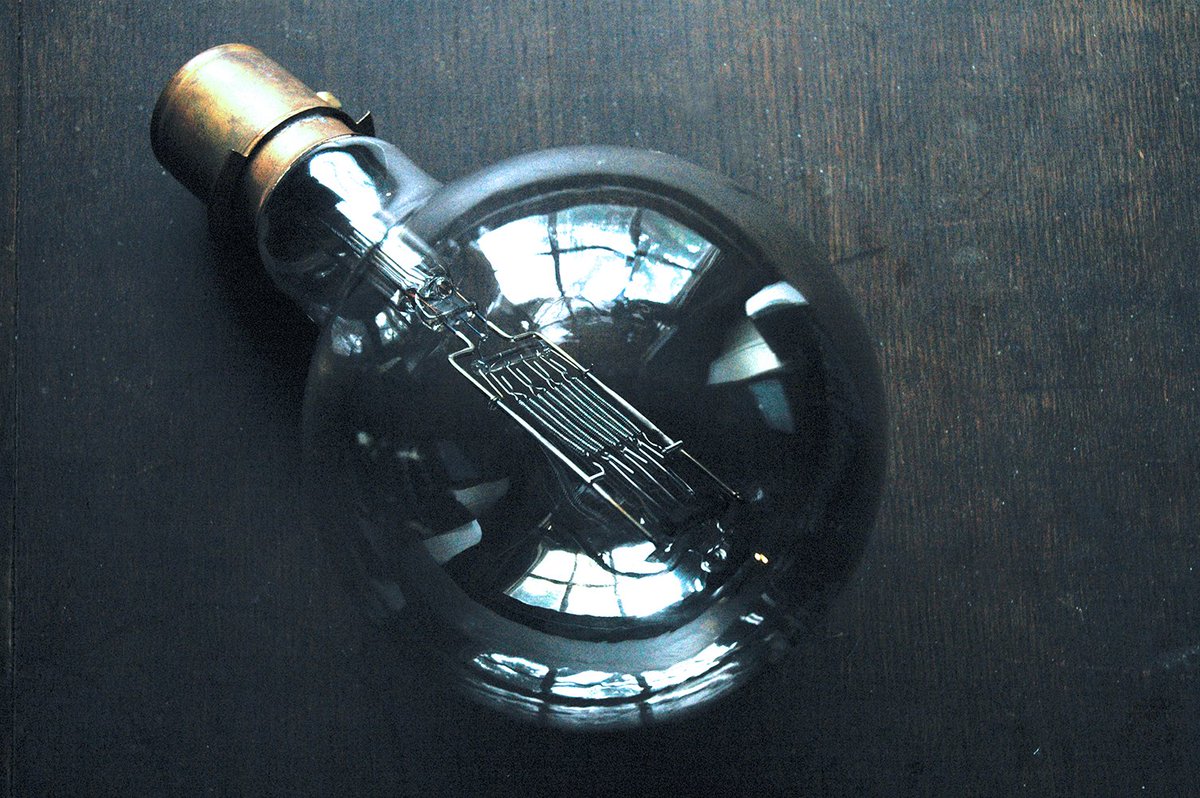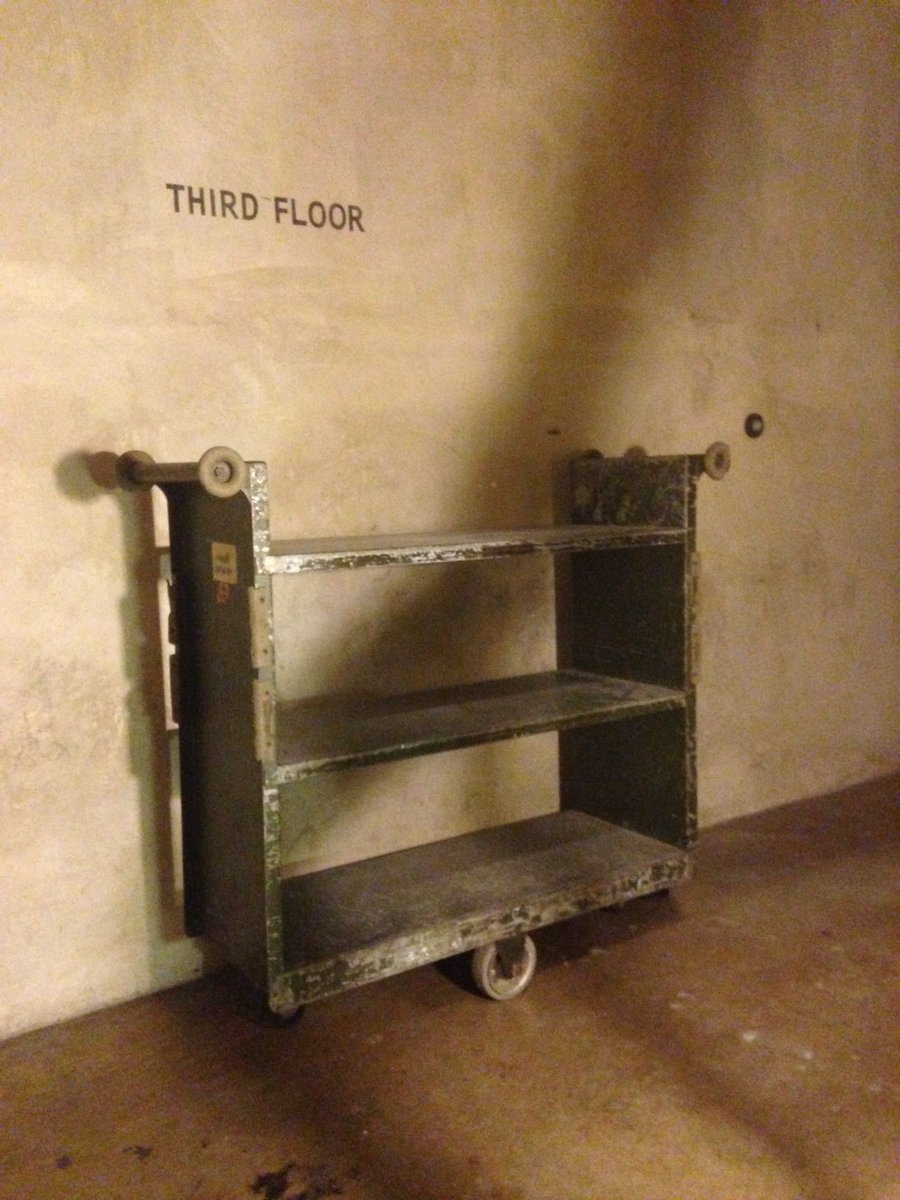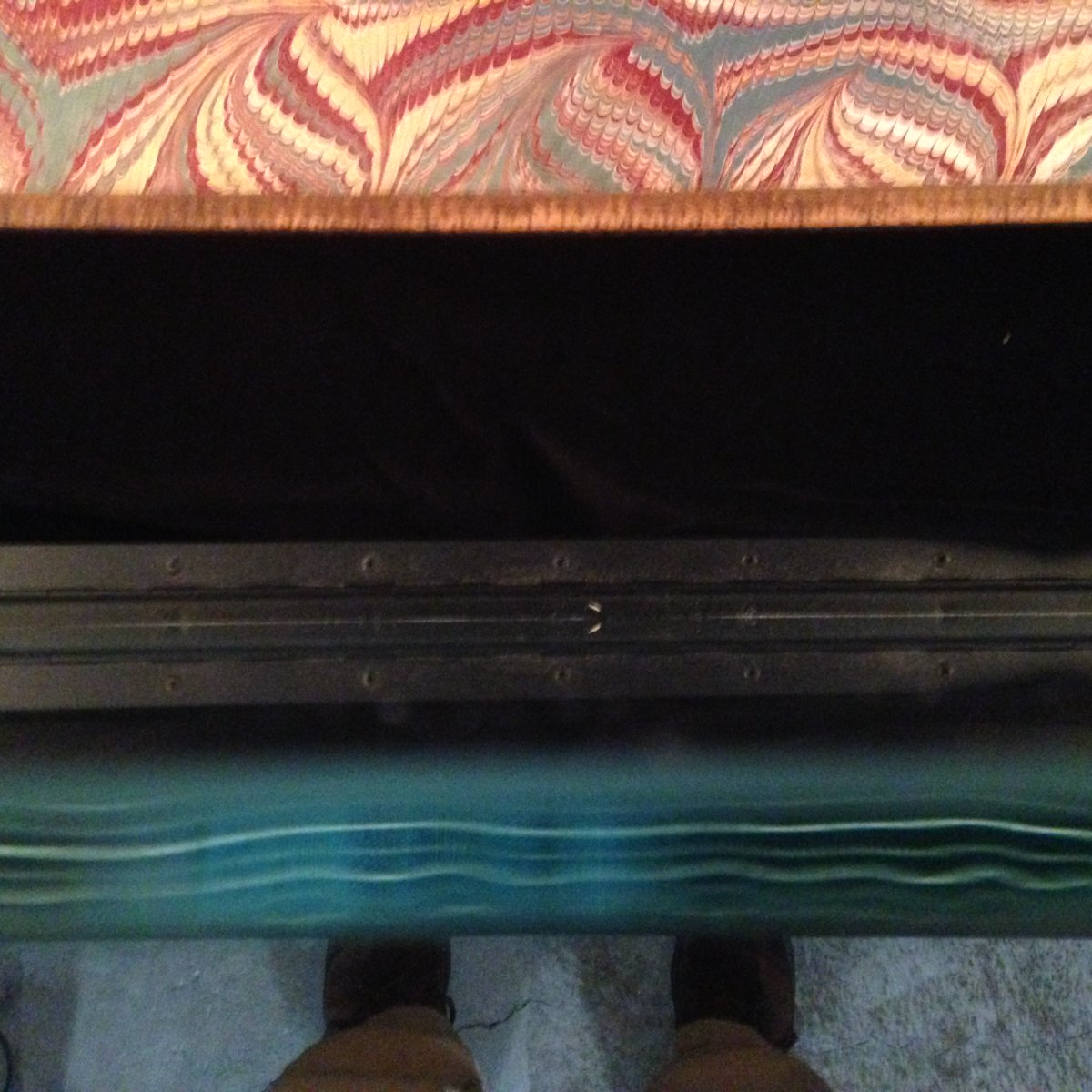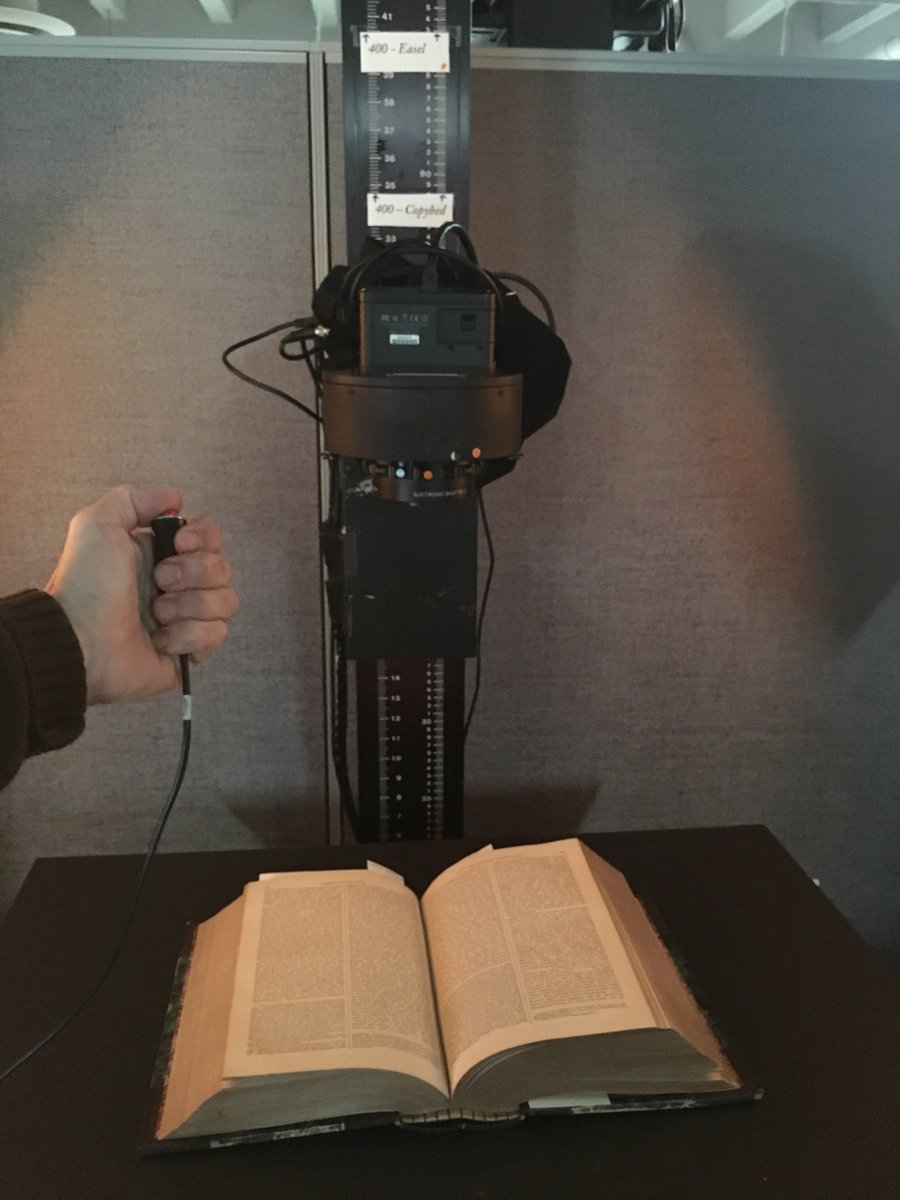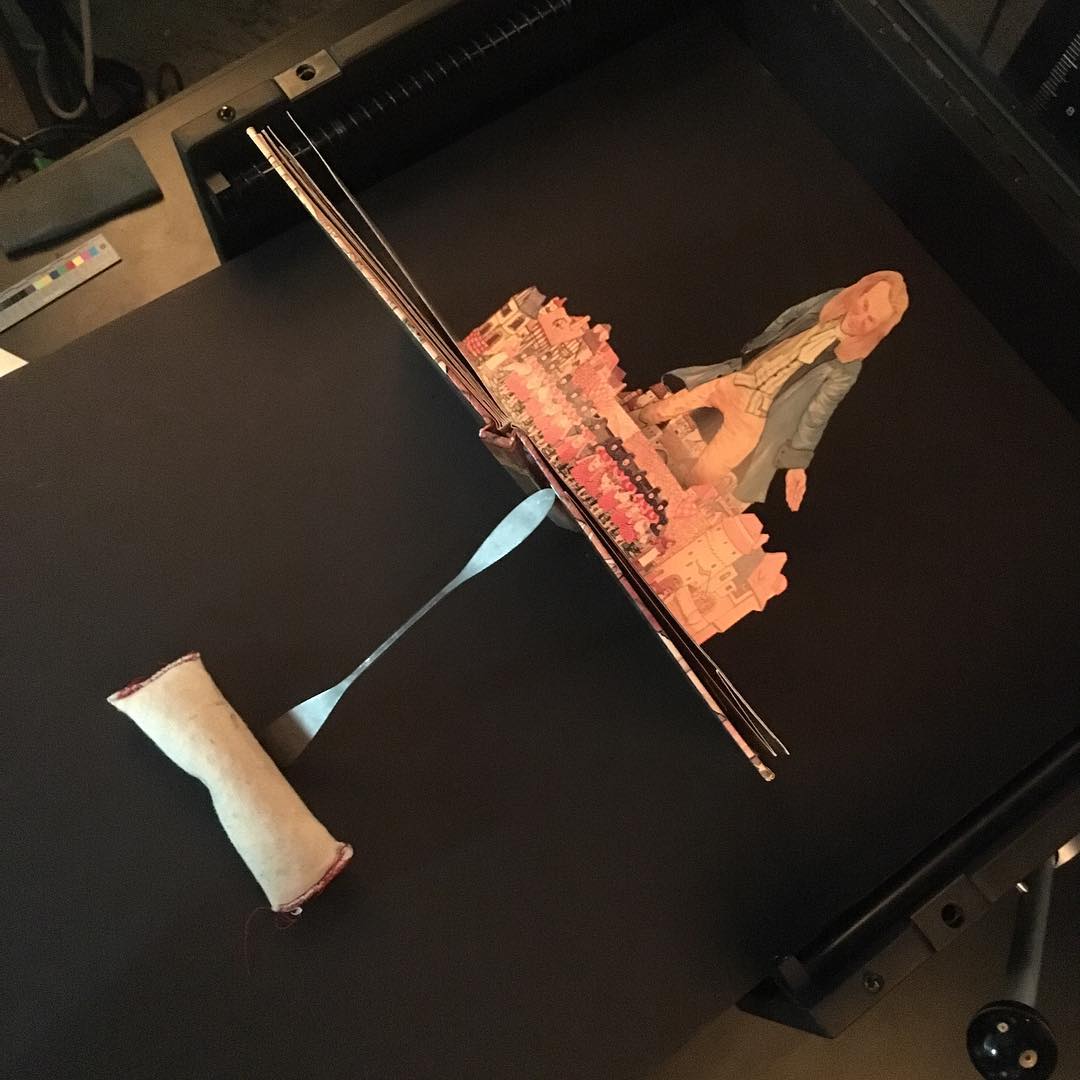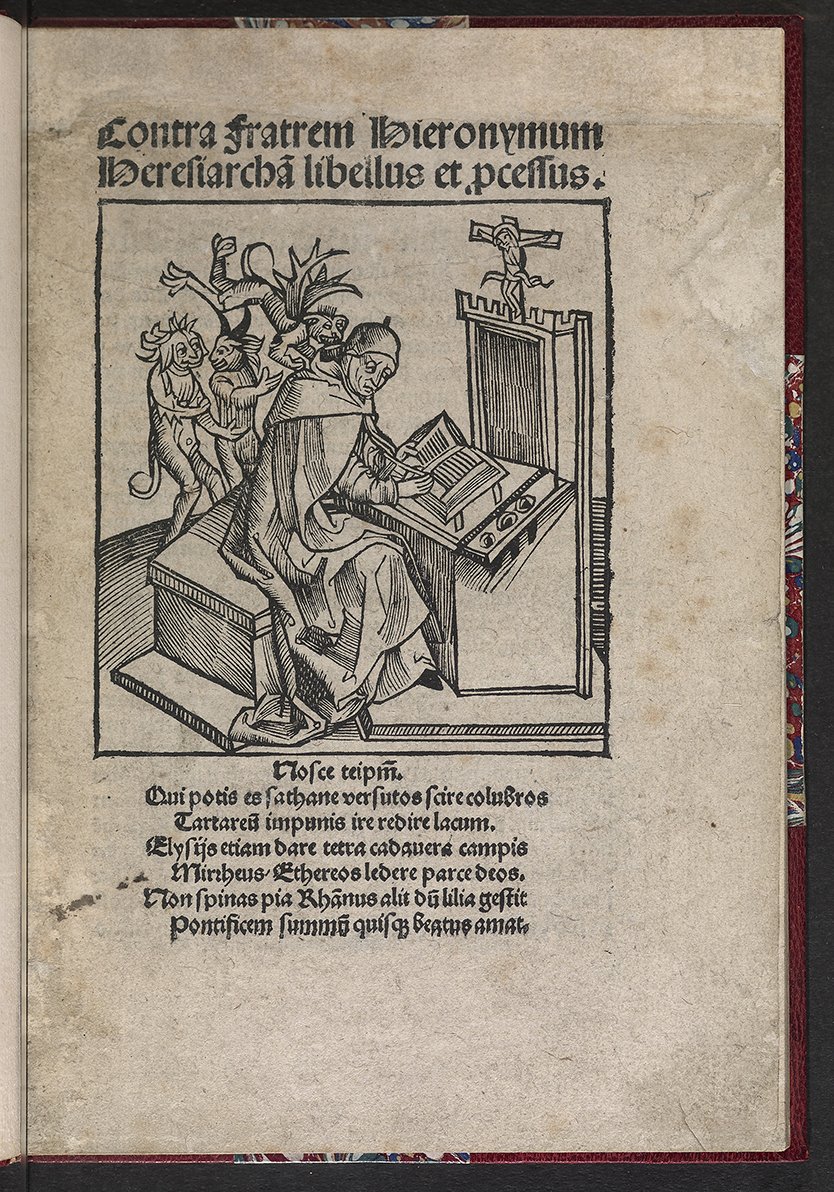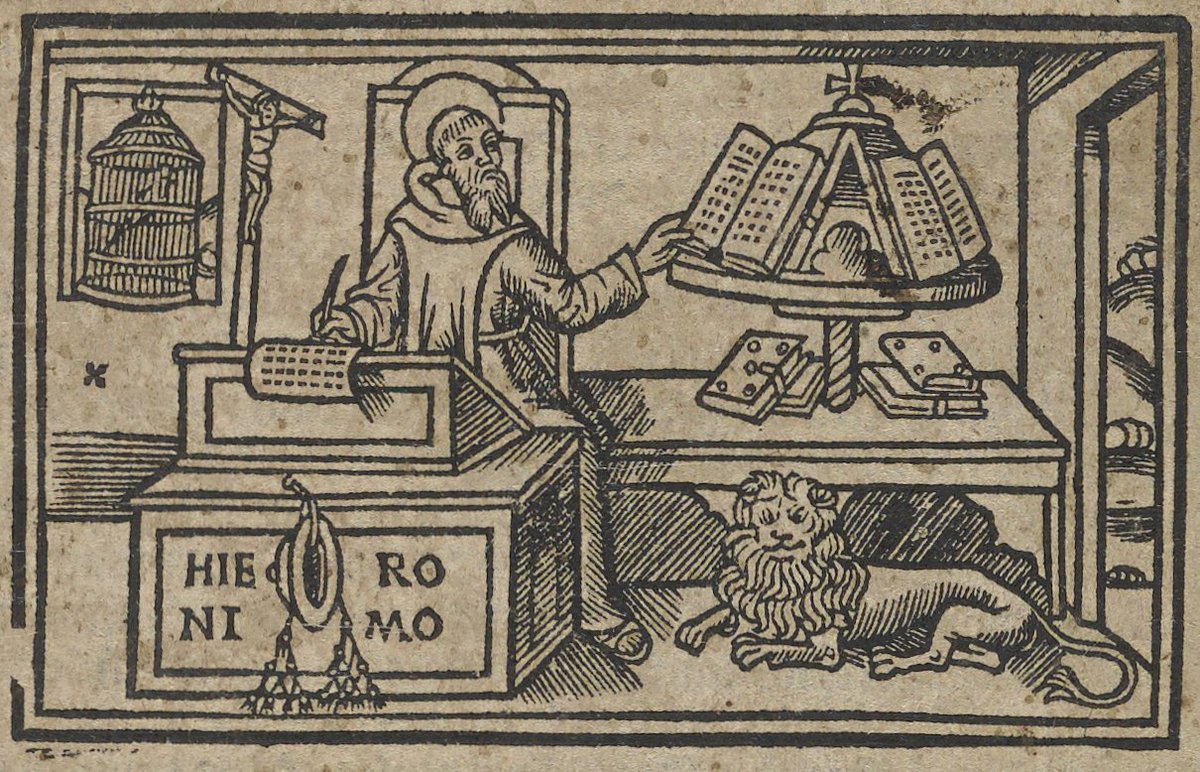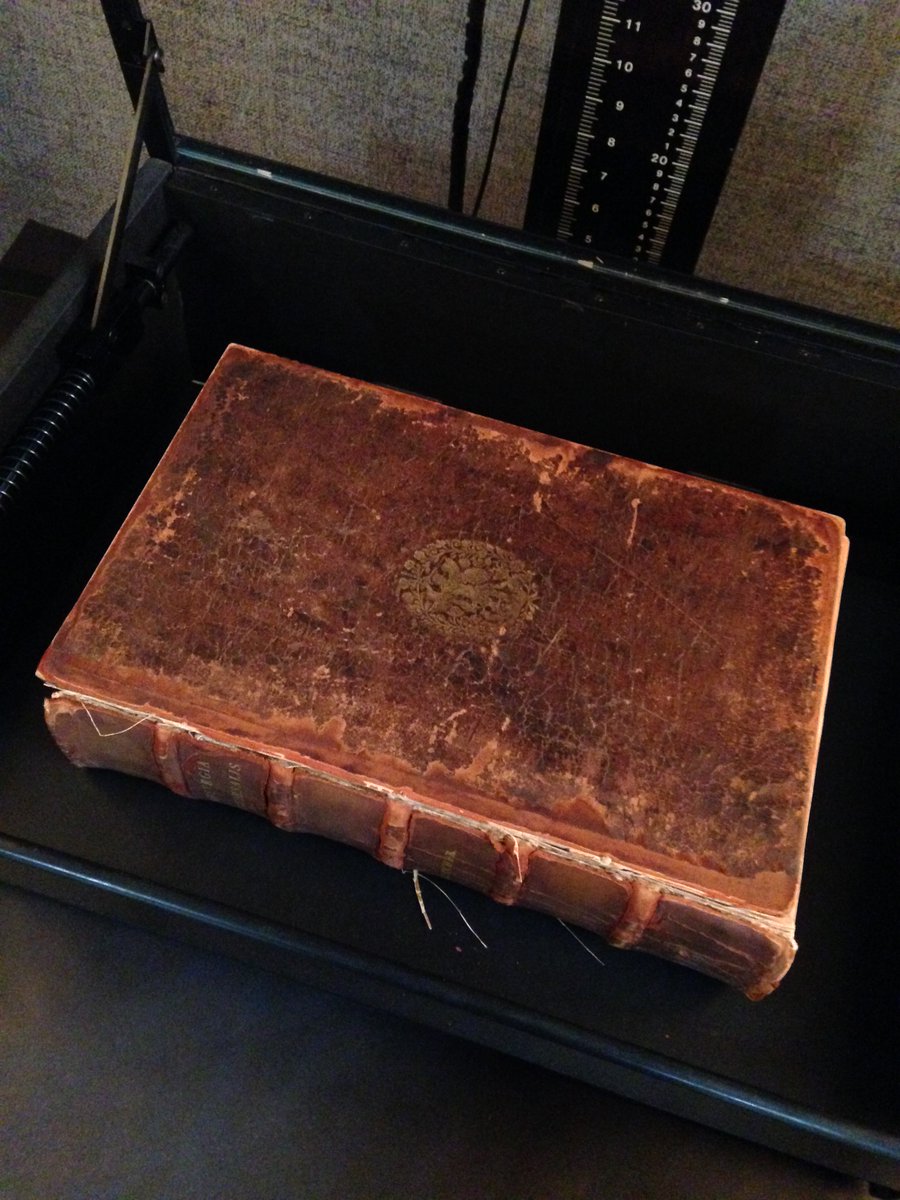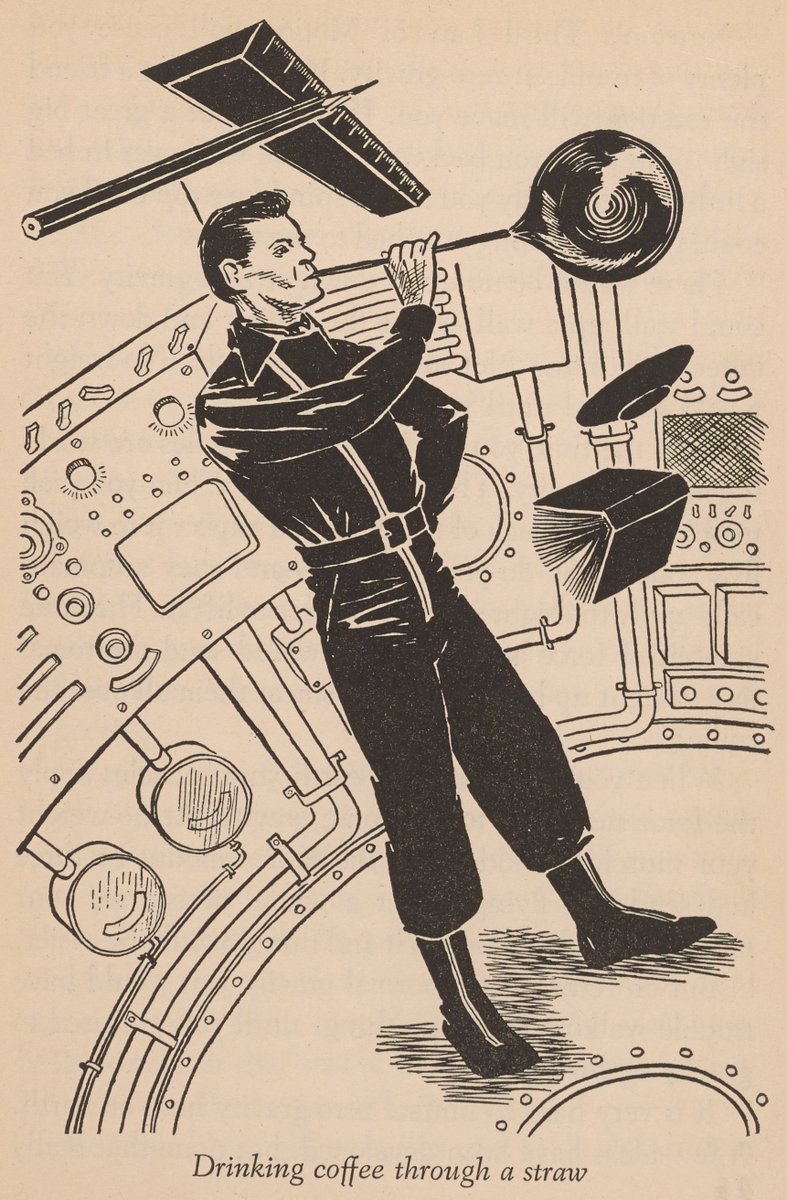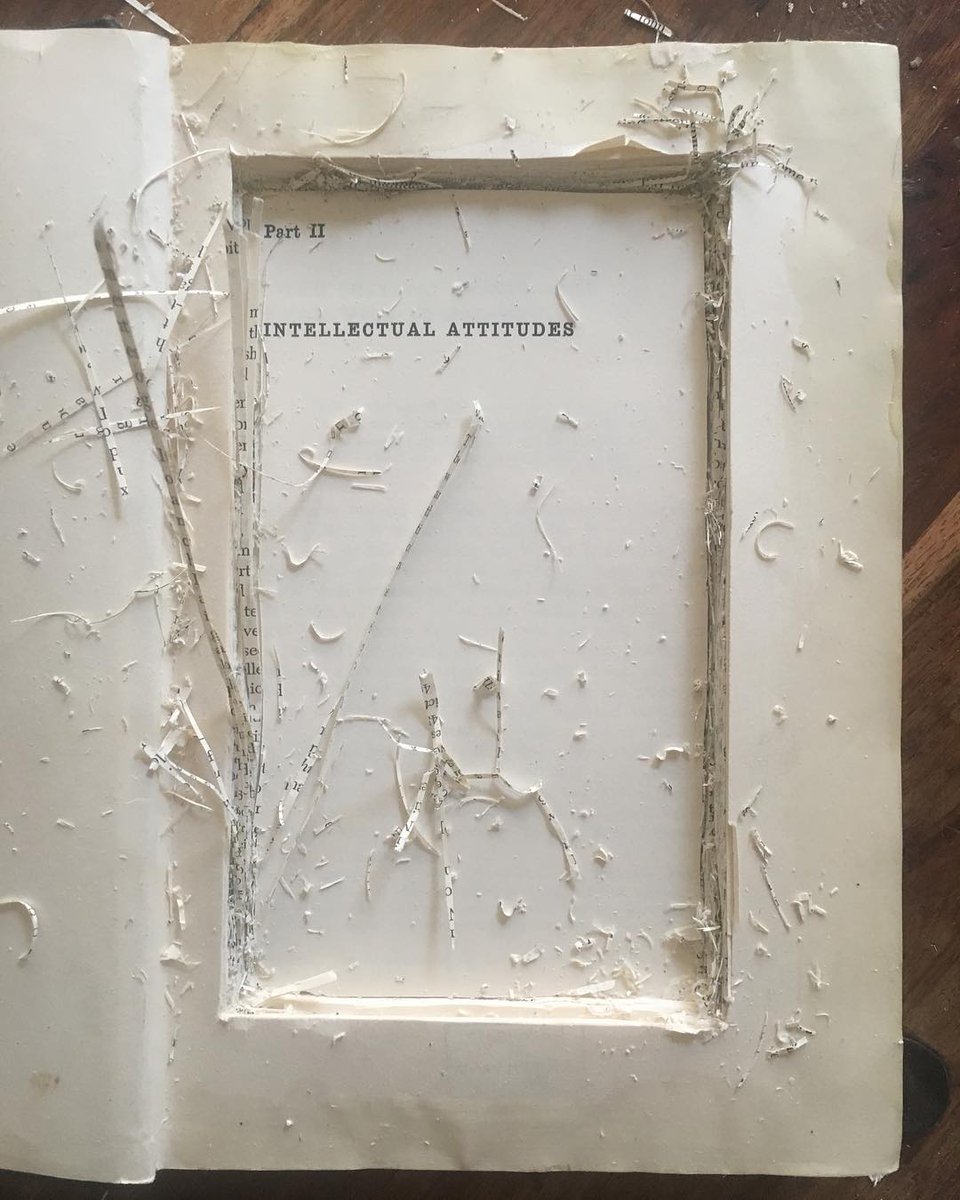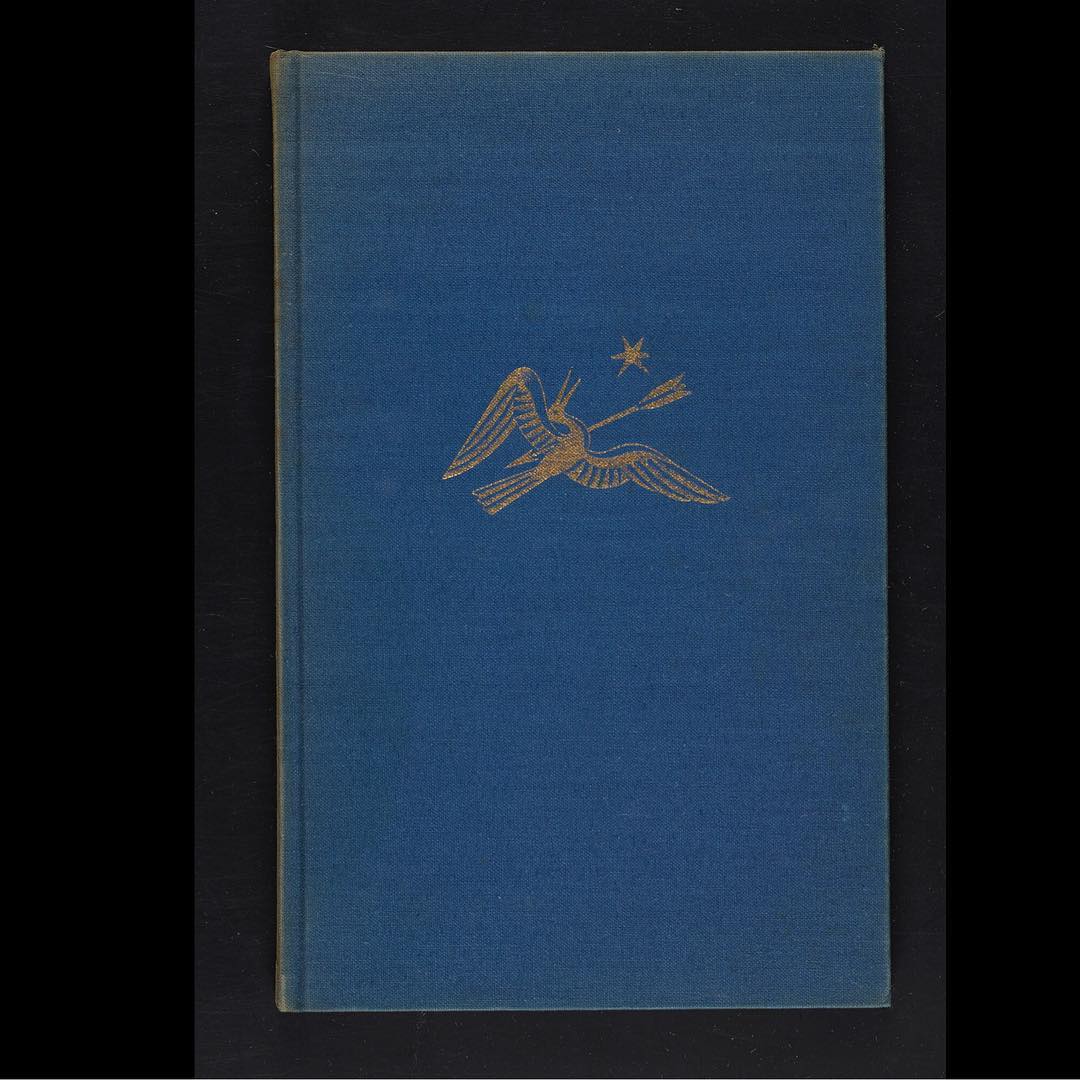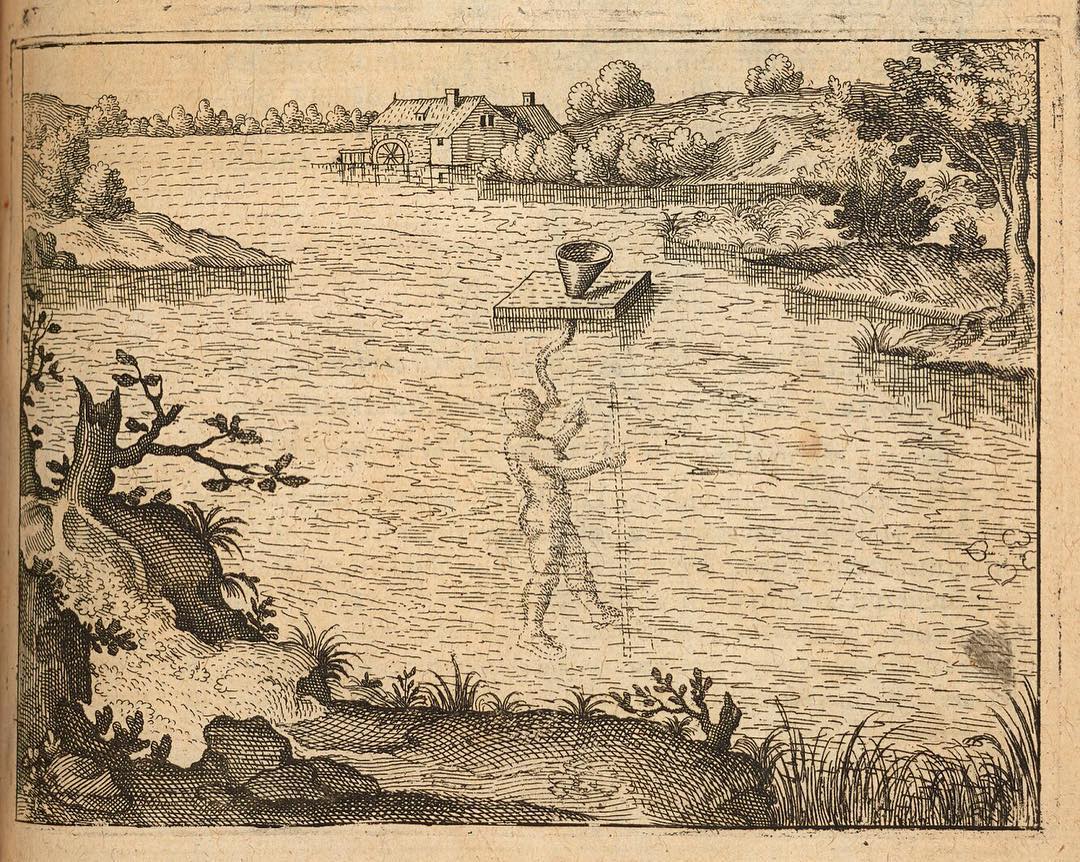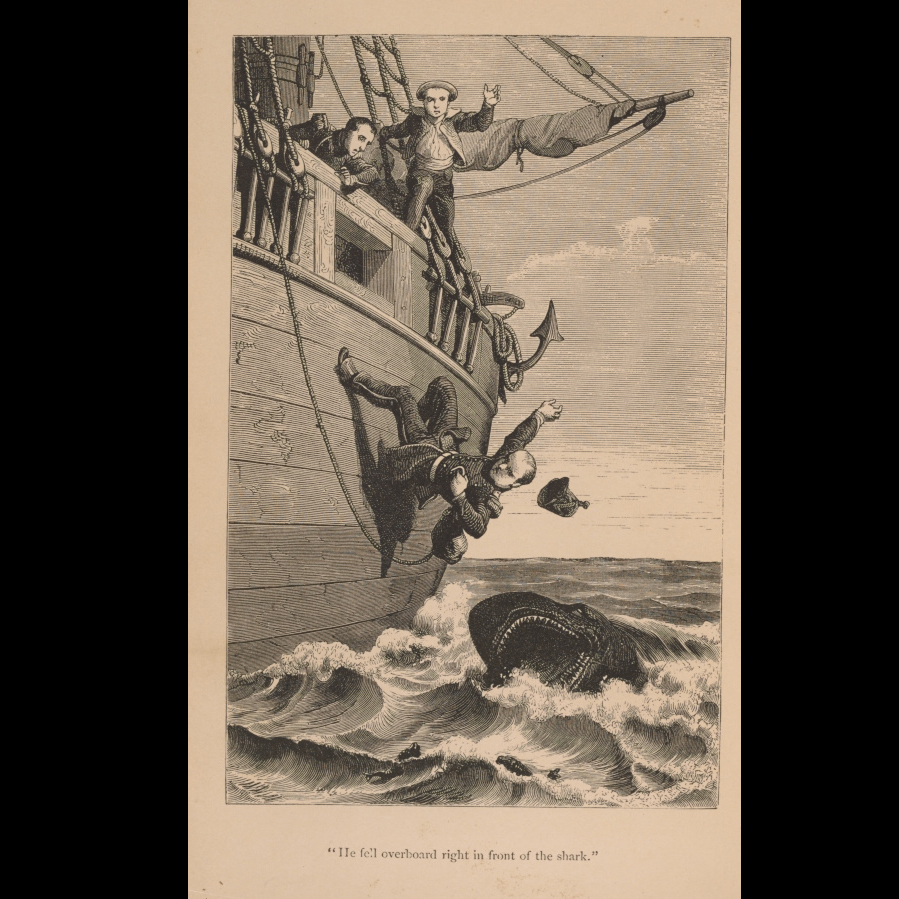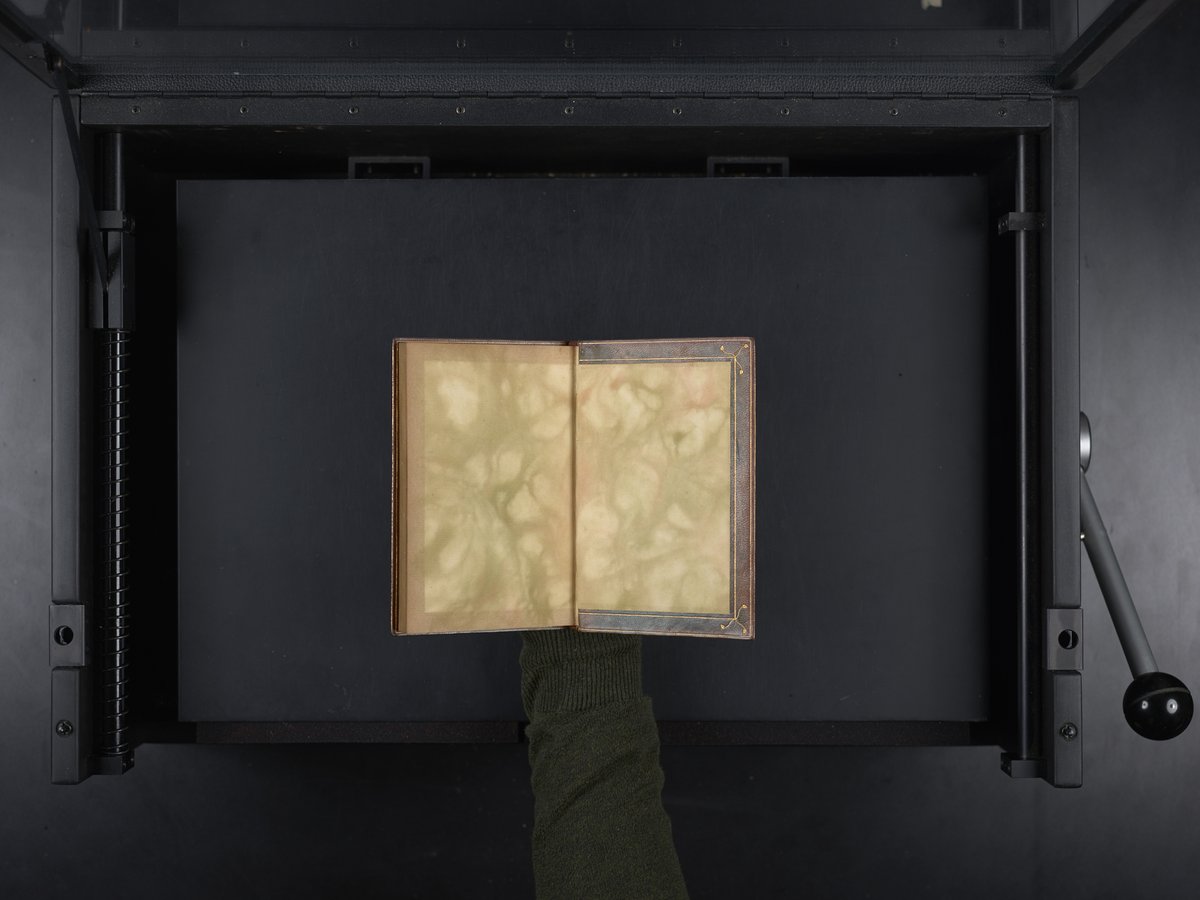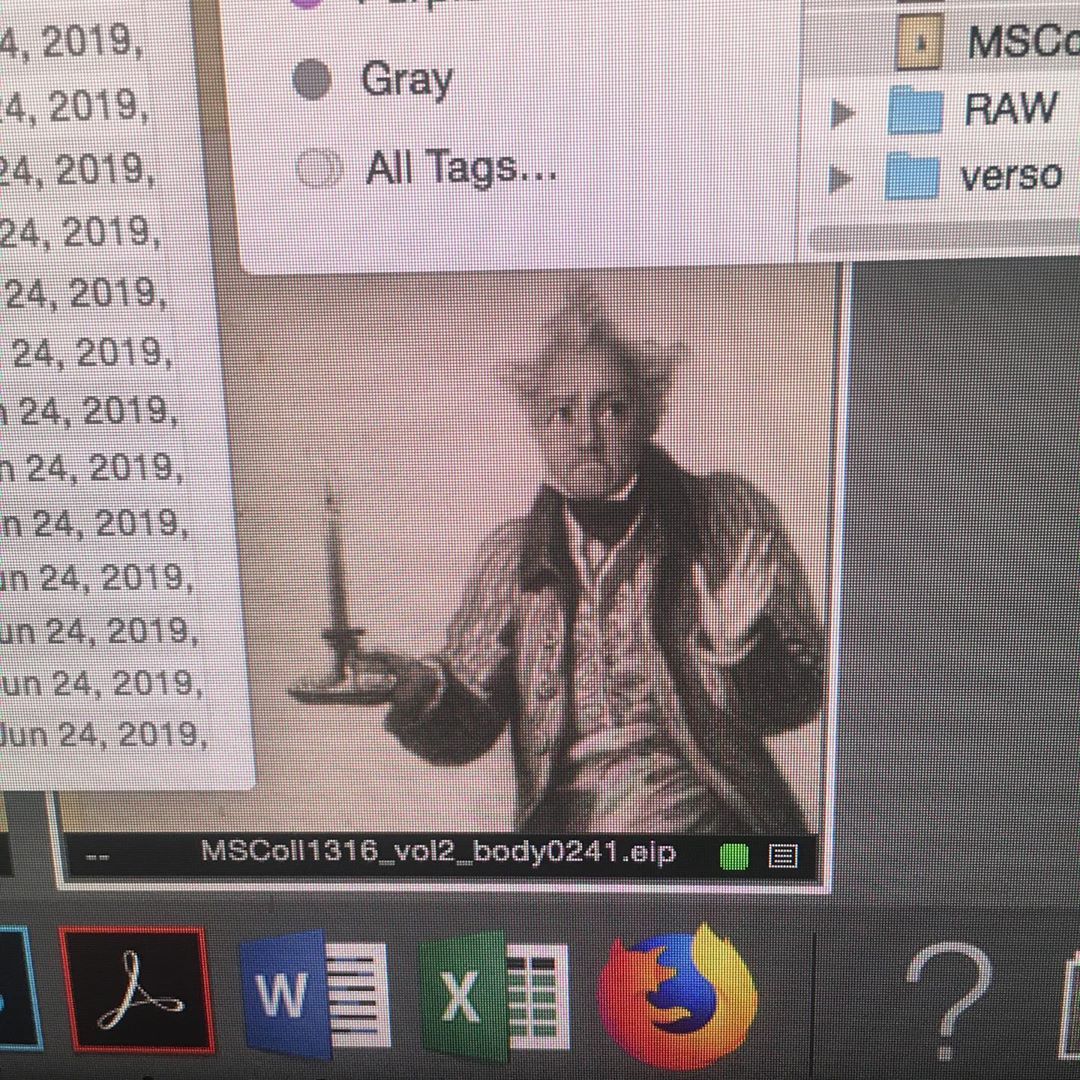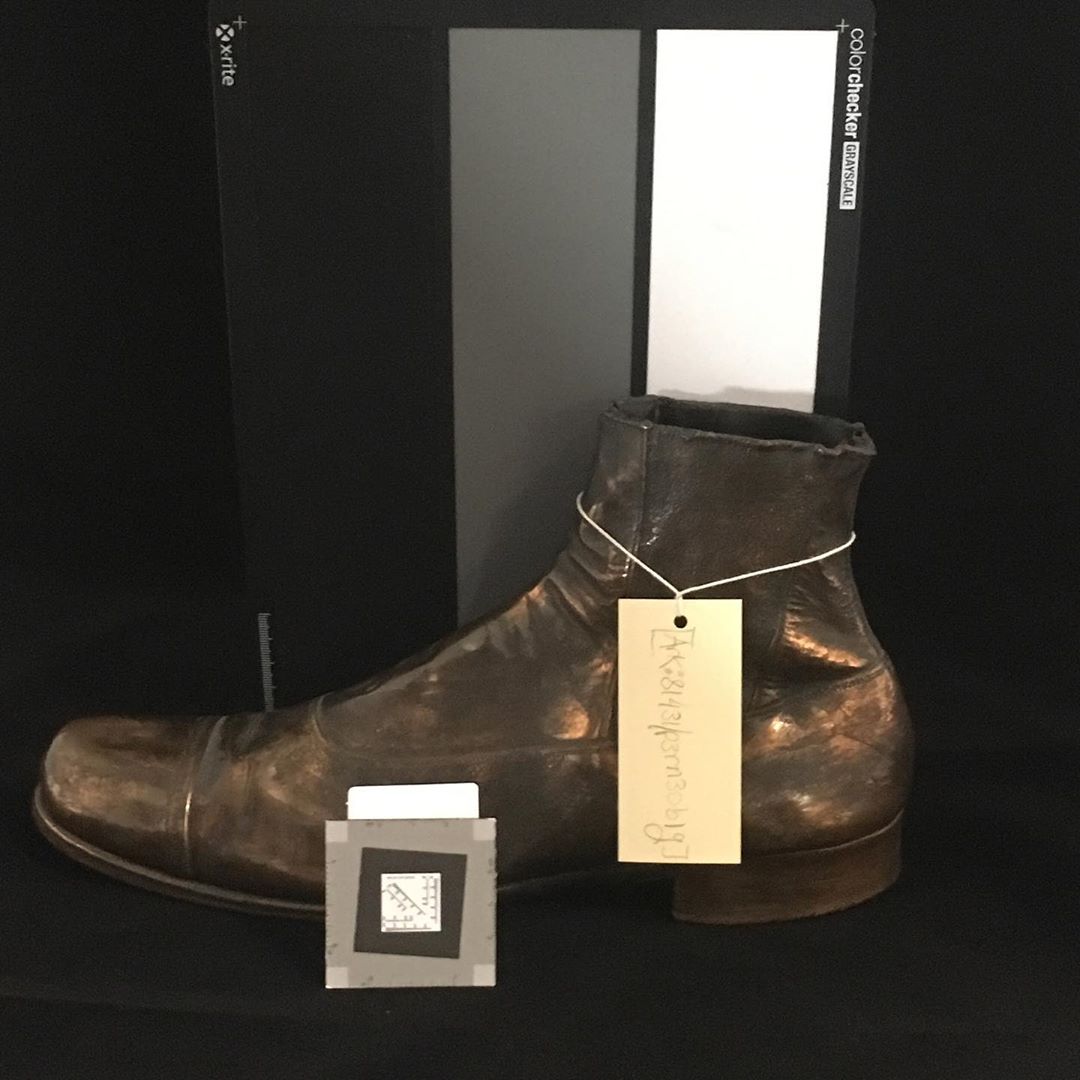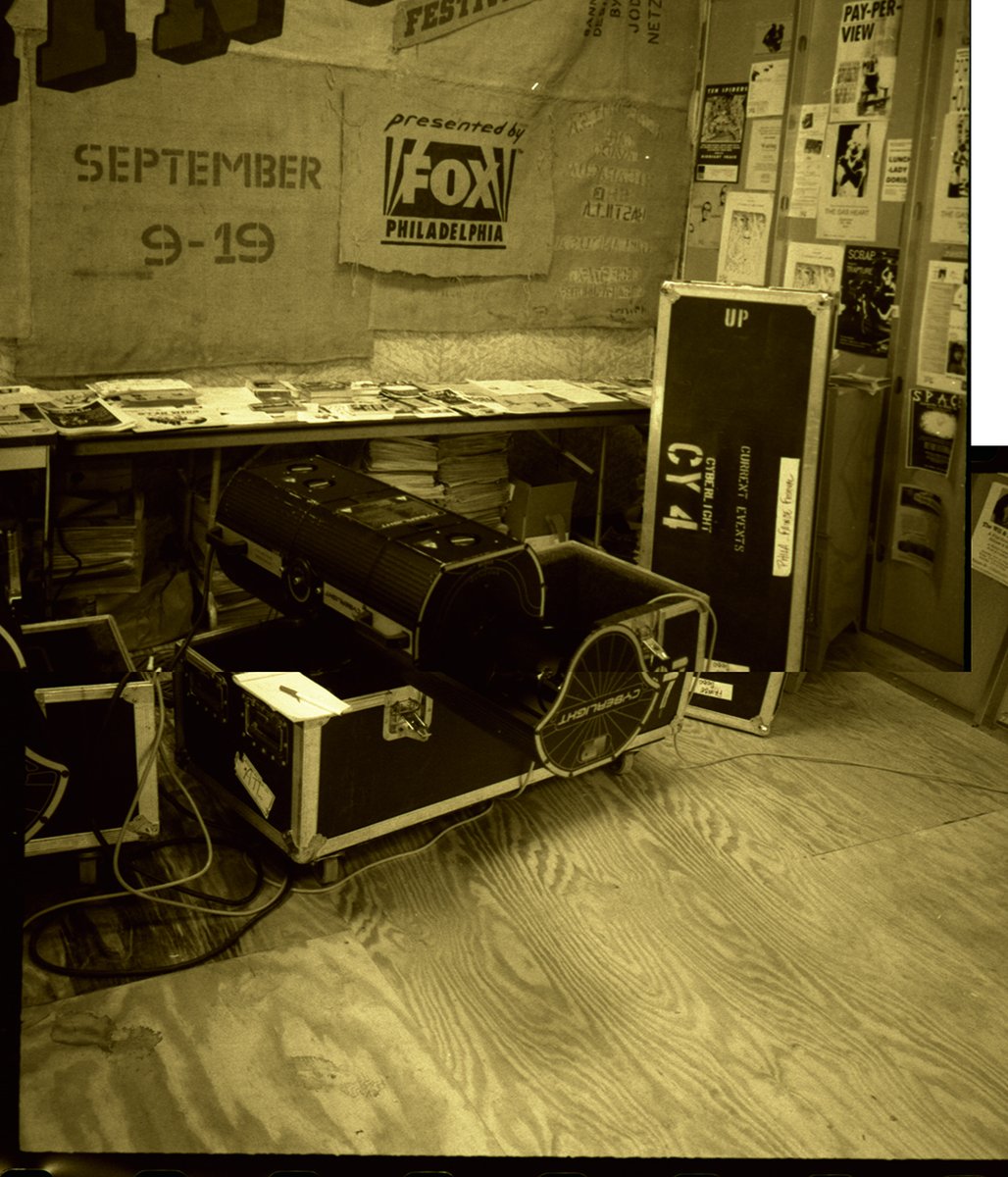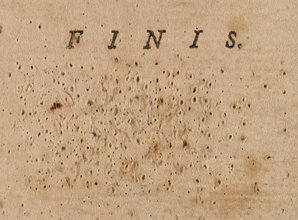I've been undecided on whether or not to post this, but it hovers in my mind and I need to open a window and let it out.
Over the summer I made a few posts about my path as a Reprographic photographer, which is what I still consider myself, albeit in professional exile. 1/33ish!
Over the summer I made a few posts about my path as a Reprographic photographer, which is what I still consider myself, albeit in professional exile. 1/33ish!
It's a cool job with a lot of gadgetry, mostly quiet and focused, and that's part of what I like about it, but not the reason I image rare books and manuscripts.
My camera work was/is an overgrown hobby that turned itself into a profession.
My camera work was/is an overgrown hobby that turned itself into a profession.
My home, personally and professionally, is in theatre. My parents met working together at a theatre, and by 1969 I was being babysit in box offices and eventually sitting in on rehearsals or distracting actors in
the green room. It was a total way of life, and I appreciate it deeply.
I ran lights (5 scene Kleigel!) and assorted tech all through high school. The call time was 7, we left at 6 and were home by midnight, night after night and all weekends. Not Mondays.
I ran lights (5 scene Kleigel!) and assorted tech all through high school. The call time was 7, we left at 6 and were home by midnight, night after night and all weekends. Not Mondays.
Finishing high school only allowed me more time to finally work, and I didn't go to college.
40 years later some asshole would tell me, "You don't even have a degree, mate", and basically chop the legs off my career.
My 20s are a montage of hanging lights and
40 years later some asshole would tell me, "You don't even have a degree, mate", and basically chop the legs off my career.
My 20s are a montage of hanging lights and
running cable and setting levels -load in, tech, show, strike, repeat. Eventually & inevitably I met my wife while working on a show, and raising a family -with a steady paycheck- was a move
I needed to make. My repro camera work had been simmering on a back burner, and I moved
I needed to make. My repro camera work had been simmering on a back burner, and I moved
it to the front when I was hired to build an image library for Yellowbook, which was daunting and corporate but steady with benefits.
Reprographics and DAM was my primary work after that.
Reprographics and DAM was my primary work after that.
One day in 2006, with a kid and a mortgage to support, I came across a university library's page about the books they're imaging and putting online.
That immediately became a goal, was interesting for so many reasons. My father was a playwright, so of course there
That immediately became a goal, was interesting for so many reasons. My father was a playwright, so of course there
were always piles of books around, and at home he was either writing or reading. I also had a lot of older books, letters and journals, since I'd become the family archivist, with a record going back to the 11th century.
I cold emailed the director of the RBML, who was
I cold emailed the director of the RBML, who was
running the unit. There were a few students fumbling around with a Hassleblad trying to photograph books,
and he wanted to bring in someone with experience. It was great timing for both of us. So we spent a year in meetings, talking about how to build a studio that could
and he wanted to bring in someone with experience. It was great timing for both of us. So we spent a year in meetings, talking about how to build a studio that could
"digitize" the books in an organized, archival method. I met the other SpecColl staff and immediately took a liking to them. Things were going really well!
And then he tried to actually hire me. It didn't go well. He told me the union that was in the library was
And then he tried to actually hire me. It didn't go well. He told me the union that was in the library was
claiming it as their work. Someone at the arts library was running a flatbed scanner, and this was, to the union, the same thing. I tried to explain that photographing a manuscript collection to archival standards isn't like scanning pictures on a flatbed, but they
refused to hear, because who was I to argue with them?
The RBML director had to post the job, and I applied, got it, and joined the union.
We were always a very pro-union family, grandad was a labor organizer in the late 20s.
The RBML director had to post the job, and I applied, got it, and joined the union.
We were always a very pro-union family, grandad was a labor organizer in the late 20s.
Still, strangers who didn't understand my work were now piloting my career. I hesitantly trusted them as I started working as an "assistant", making 15k less than the director and I had discussed.
Once I started it was great. Those were the salad days. I was
Once I started it was great. Those were the salad days. I was
legit and respected, had a card and went to conventions and ordered camera gear and managed student workers.
We got an NEH grant to do a whole bunch of medieval manuscripts, and I hired two people to do the imaging. I trained them, made documented workflows, and worked with
We got an NEH grant to do a whole bunch of medieval manuscripts, and I hired two people to do the imaging. I trained them, made documented workflows, and worked with
Conservation on best handling practices. It was maybe 2009. We were successful in completing the goals and got another, larger grant for early modern mss. Things were getting hot, "Digitization" was becoming all the rage.
I didn't know anything about academia, I
I didn't know anything about academia, I
was in a strange world. I imagine this as me getting into an escape pod and escaping the dying planet Photos and crash landing on a planet named Libros. But for the first time since I left theatre, I was with people who I recognized. The curators were like directors,
working towards thier vision of the play, book, history, etc. They were working with grants, like theatres, and the way of work was familiar, although glacially paced.
So of course, with all the hubbub about Digitization, and the success of the unit, an unskilled and
So of course, with all the hubbub about Digitization, and the success of the unit, an unskilled and
uneducated union member like me was eventually steamrollered. I thought our success would propel me upwards, but it was the opposite. Our unit was moved out of SpecColl and into General Coll, and given a room in the basement. I designed the layout of the room, and the guy
who would be my new manager wanted it all painted 18% grey, bc he thought the walls would bounce colored light onto the object, which tells you how much he knew about the work (it doesn't).
I spent time in meetings with him, before I knew he would be my manager, talking
I spent time in meetings with him, before I knew he would be my manager, talking
Several other heavy personal issues at home, in some horrible conjunction of miserable stars, kept me from mounting any real defense or putting my mind to it.
Things have leveled off since then. The supplier everyone uses wants you to buy their fully automated systems, spend hundreds of thousands on them, not hire skilled photogs. I watch the uni pay 10k for autofocus, instead of
considering hiring someone who knows how to focus a camera. Is that really the worth they put on their material? Librarians being suckered by camera sellers to buy expensive cameras is pretty sick. So much wasted money, at a 501c. Pay humans to work in the humanities, please.
Still going, thanks for reading.
I continue there bc I'm 52, and at this point I'm not likely to get hired anywhere new and can't start this crap all over again. But also because I really love the work.
Remember what I did before this? I realize now that a
I continue there bc I'm 52, and at this point I'm not likely to get hired anywhere new and can't start this crap all over again. But also because I really love the work.
Remember what I did before this? I realize now that a
main purpose of my life is to help bring works of art to people, mostly using light, apparently. In theatre, I literally hung and turned on the lights that would illuminate the play. I do the same now with books. I literally use light
to bring these works to...well, to light.
Almost done!
Special Collections libraries have had two attendants in history. One of the attendants carries bandages and salve, the other carries a pen and paper.
Almost done!
Special Collections libraries have had two attendants in history. One of the attendants carries bandages and salve, the other carries a pen and paper.
I could go on and on, sorry. I'll probably post more advocacy to "normalize reprographics" in libraries. Digitization is starting to look like a party of people loudly talking about metadata. Ugh I have a lot to say about the metadata monster, believe me. Serial Metadaters.

 Read on Twitter
Read on Twitter